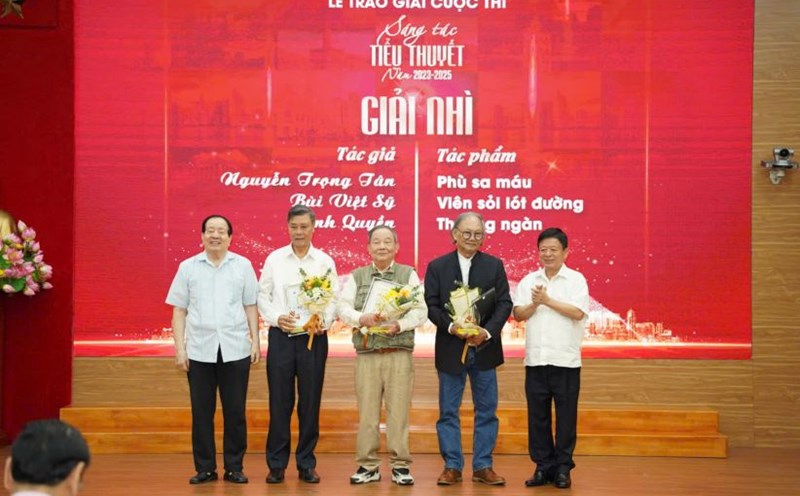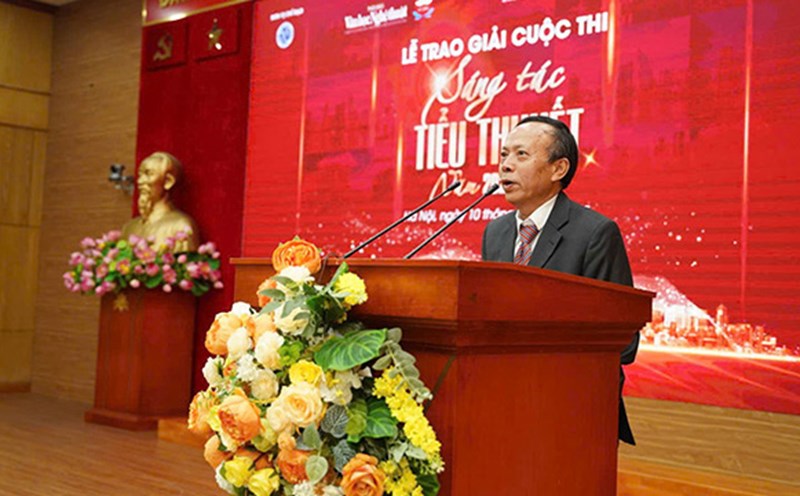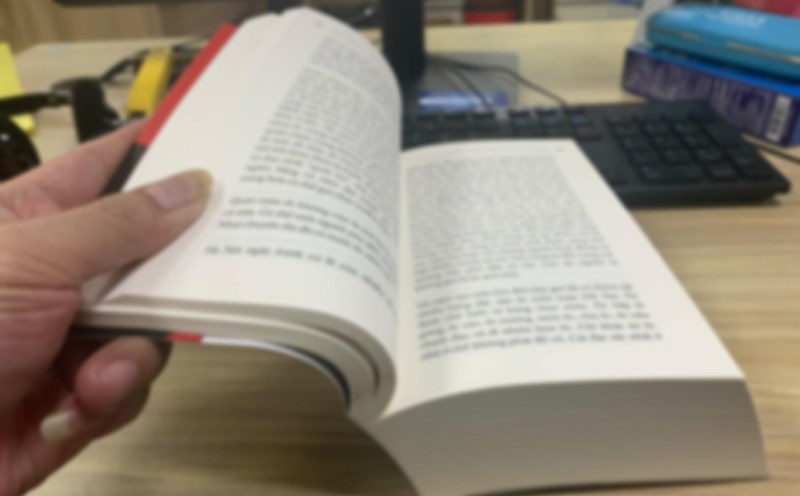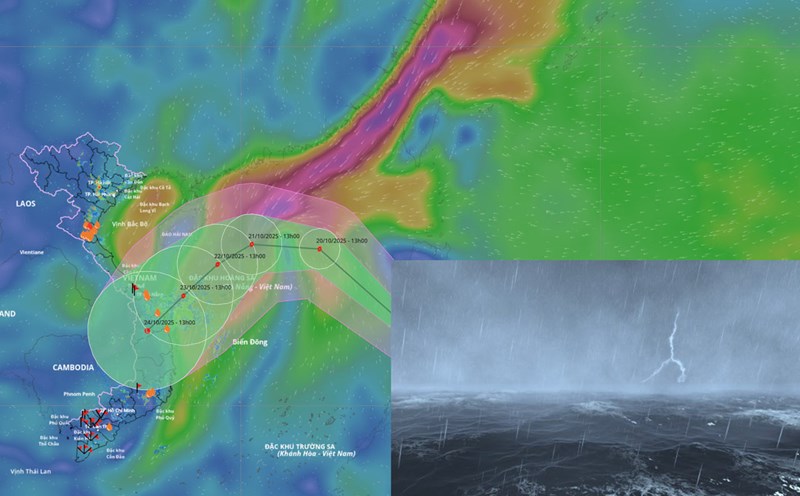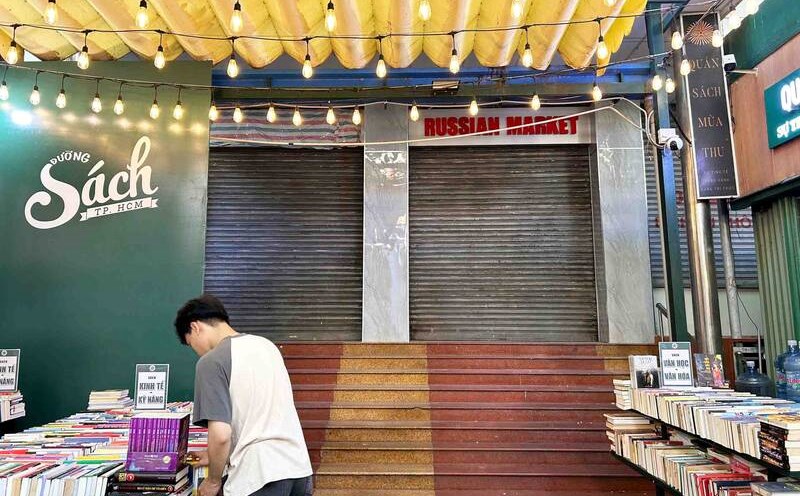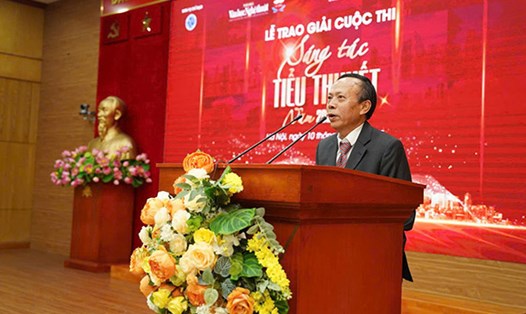Writer Bui Viet Sy: Written to repay life and those who sacrificed
Bui Viet Sy was born in 1946. He used to hold the position of Head of the Sports Department, Lao Dong Newspaper and is a member of the Vietnam Writers' Association. From 1987 to 1989, he completed novels, including "The Road to the Top" - one of the works he considered the "treasure of his life". From 2013 to 2015, he continuously published novels: "The River of Rejectment", "Two Men in Your Life"...
In 2024, he published the novel "Piece of stone paving the road", bearing the strong impression of the autobiography, recreating the vibrant and romantic youth of a generation of Hanoi "a time of bombs, a time of peace". The central character Giap Van Dung carries the image of the author himself, taking readers through memories of studying, loving, fighting and contributing amidst the smoke of war.
Confiding about the writing profession, writer Bui Viet Sy said: I always think that writing for the job is like being a journalist, you must have heart, vision and deep understanding. In addition to writing about workers, I have also written about war, history, love, about the Vietnam - Soviet relationship... because I have lived, studied, fought, and witnessed those things.
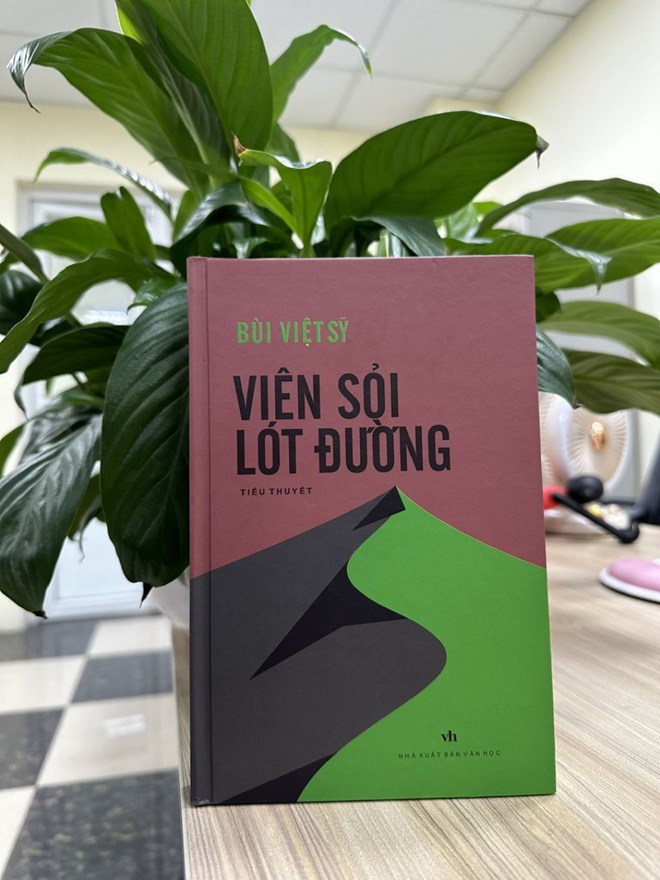
He believes that a writer who wants to have a good work must combine two factors: God for talent and practical life. If there is talent without experience, the words will be empty; if there is experience without talent, the work will still be soulless.
Writing is the profession of intelligence, but it is also a labor like any other profession. Good crane drivers or excellent carpenters - I think they are all worthy of respect like a writer. We are only different in labor tools: They work by hand, I work by mind. I wrote in 1967, when I was still on the battlefield. Later I became a journalist, then studied in the Soviet Union, it was not until 2010 - when I retired - that I returned to literature. For me, writing is a way to repay my life, the merits of the workers and soldiers I have met. I just hope that young writers understand that writing is not to seek fame and profit, but to contribute a brick to the spiritual house of the nation. Literature, if it has value, will resonate, writer Bui Viet Sy confided.
Thousands of thousands and the journey of transition from humans to the ecosystem in Vinh Quyen literature
Writer Vinh Quyen was born in 1951 in Hue, currently living and working in Da Nang. He is a member of the Vietnam Writers' Association, former Head of the Central and Central Highlands Representative Office of Lao Dong Newspaper. His typical works include: "Infinite", "Debris of Debris", "Sunset Wolves", "The Broken desert Road", "The Day of the Moon", "Inner Water", "Thousands of"...
Sharing about the source of inspiration he wrote "A thousand thousand", writer Vinh Quyen confided: "In nearly 30 years of writing a reporter for Lao Dong Newspaper, I have gone through many hydroelectric plants growing in the green forest, to witness how many rivers were forced to dry up during the dry season, how many forests were drowned at the bottom of the artificial lake, and then had to witness how many hills and mountains were devastated by dry El Nino turning into "water-waters-ware-ctions" El Nina, explosive platforms creating flash floods, terrible flash floods sweeping away property and human life in the blink of the eye.
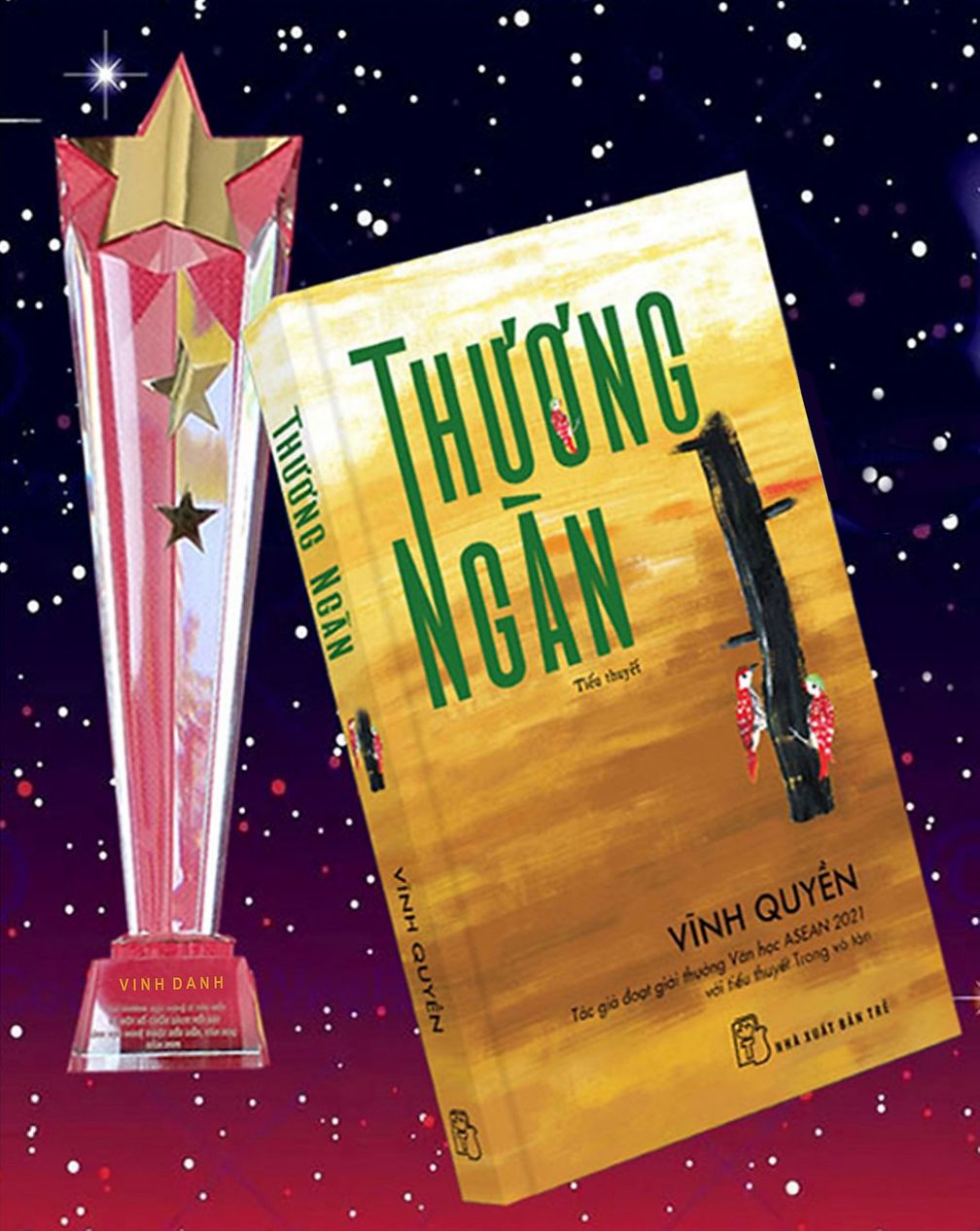
The novel "Thung ngan" received encouragement from ecological criticism writers. Literary critics recognize that the novel of writer Vinh Quyen in recent years has impressed with the awareness of renewing the art of the novel, from character building, language, self-reporting, and standing out with the "game" structure. Writer Vinh Quyen revealed: The novel In the End has exploited the simultaneous narration of many first person characters, overlapping spaces, reversal times, mobilizing many text sources: Pen, notebooks, short stories and even film scripts. Thanks to that, a 250-page short novel, a story in ten days, has opened an autobiography over a hundred years, and more than that, endless. When I got to Thuong ngan, I expanded my ability to tolerate inter- texture in novels, stories told through historical pages; legends; family legends; research works; press reports, even poetry.
The Canvas for Thuong Hang ( Tre Publishing House - 2023), Assoc. Prof. Dr. Nguyen Thi Minh Thai recorded: Inspiring and emotions suppressed in the silent cry of the words. From there, the scientific document block and the press made their own judgments about the crisis relationship between humans and the rest of nature today. From there, dry streams and forests have been transformed by writers into novel characters. And from there, Thuong ngan can be a sign for the eco- novel genre of modern Vietnamese literature.

